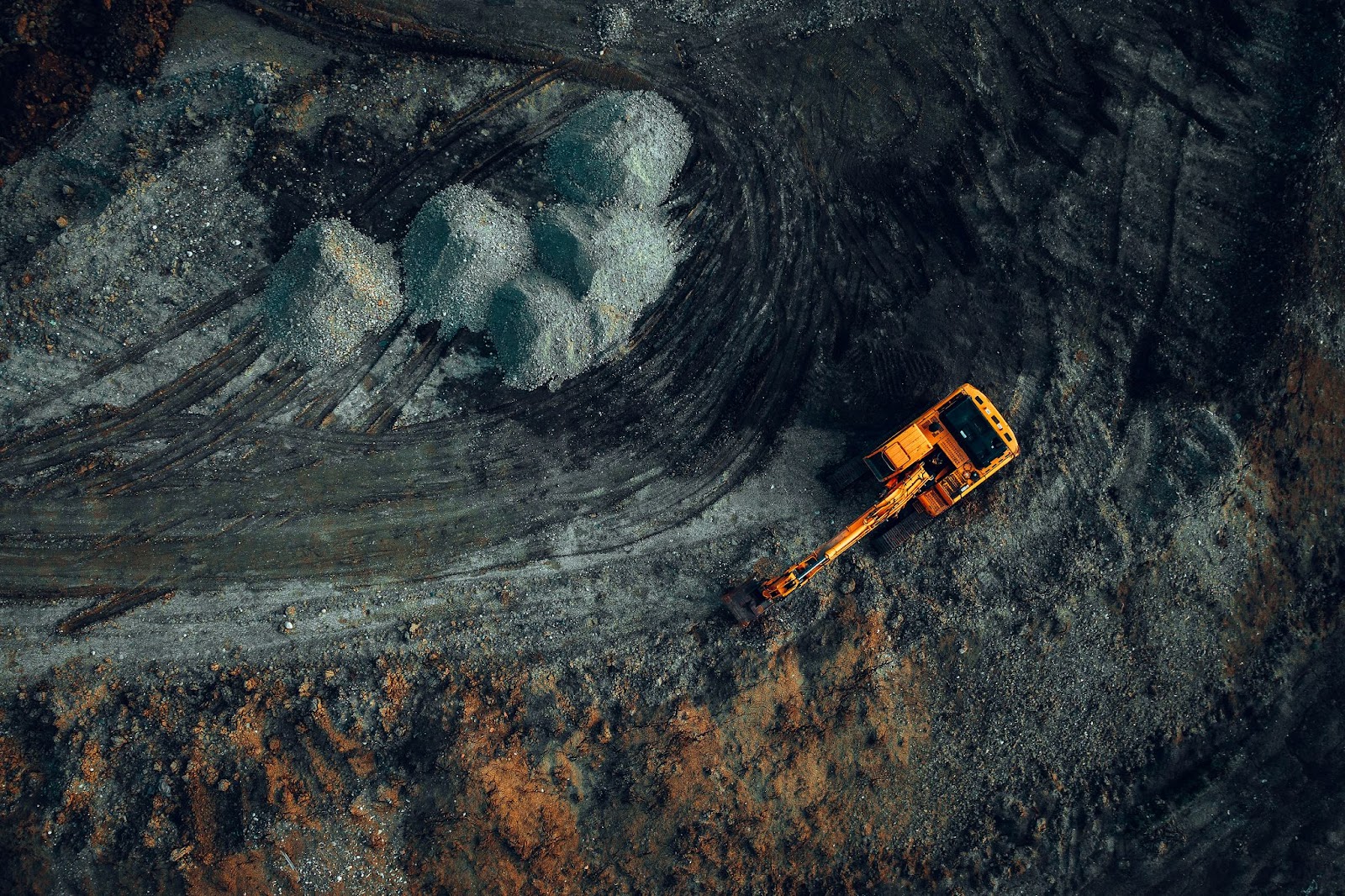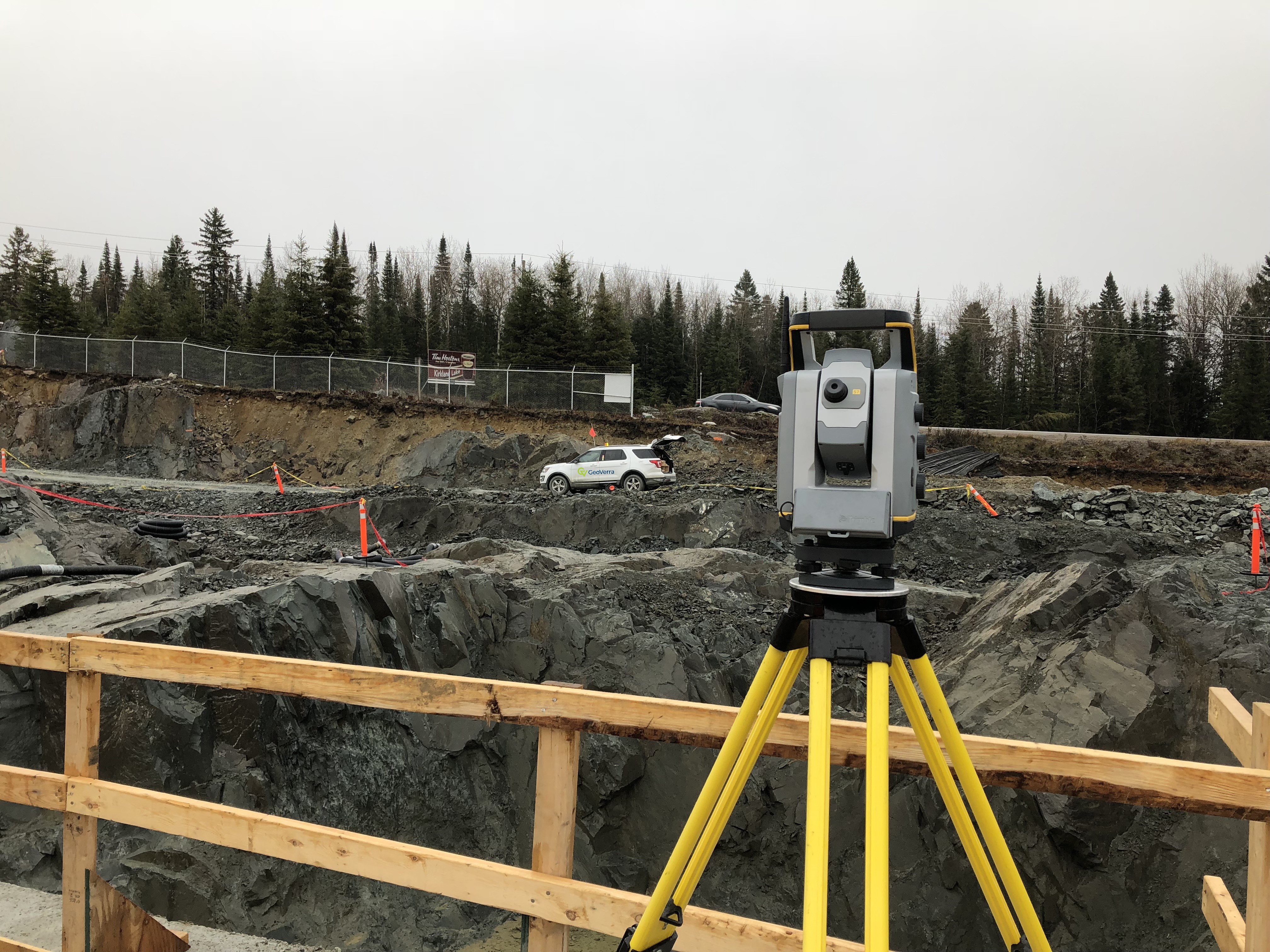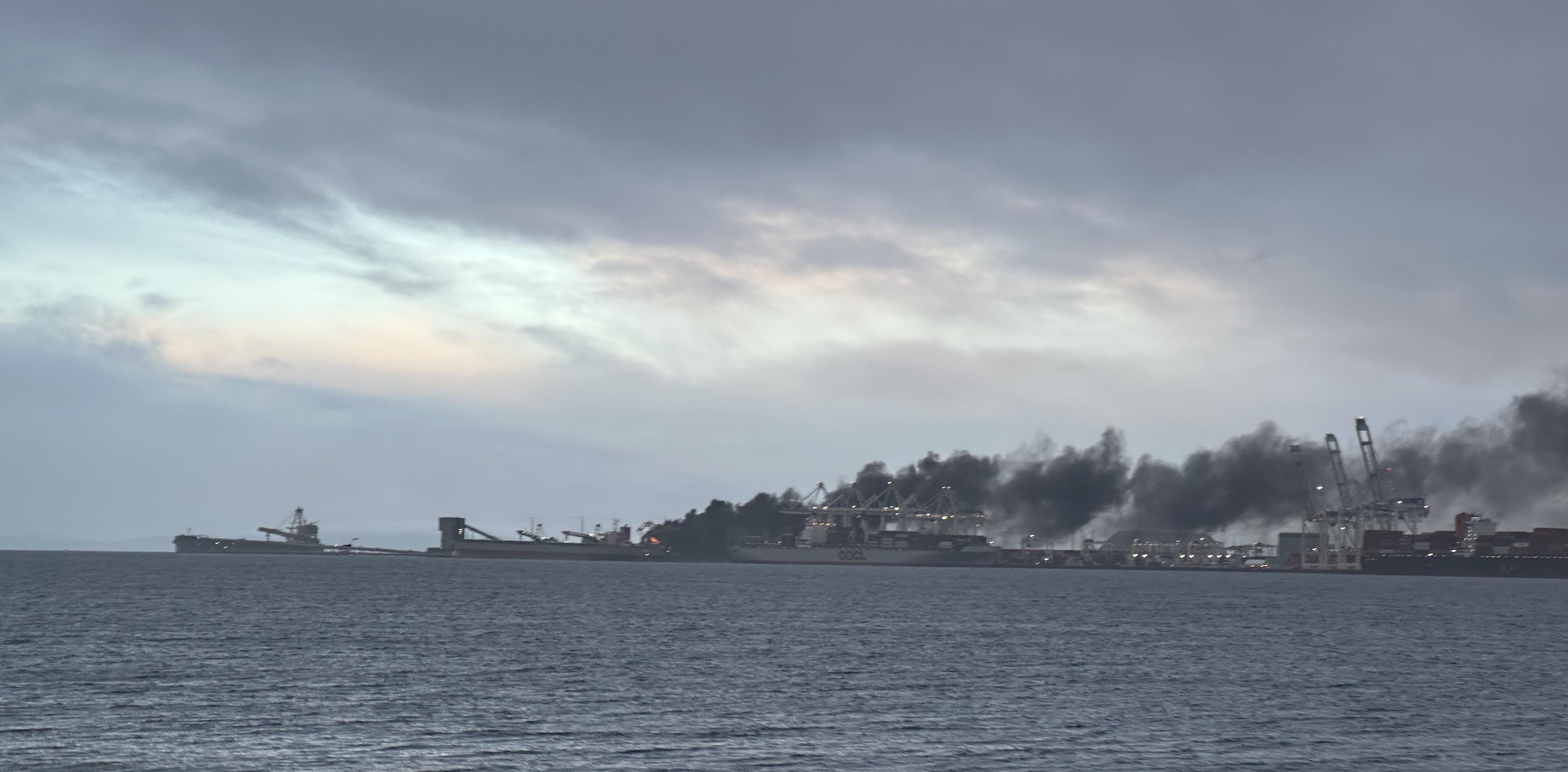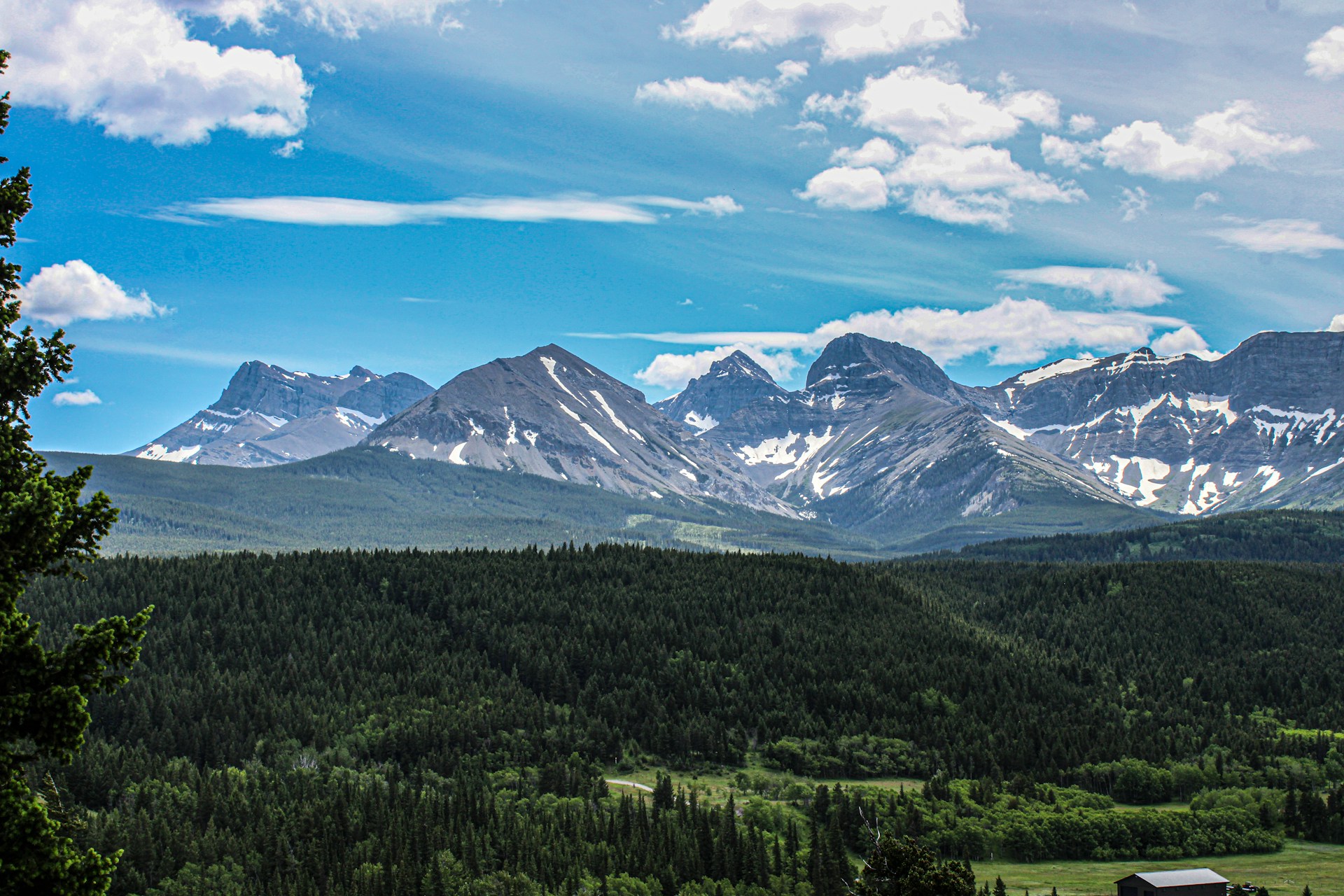Vancouver woman elected president of American Exploration and Mining Association

Mari-Ann Green in her office. Vancouver resident Mari-Ann Green was recently elected president of the Spokane, Washington,-based American Exploratio
Mari-Ann Green in her office.
Vancouver resident Mari-Ann Green was recently elected president of the Spokane, Washington,-based American Exploration and Mining Association (AEMA).
“As far as I know, I'm the first Canadian president of the association,” Green said.
Despite its name, AEMA has members around the world. The association has just over 2,500 members in 42 states, seven Canadian provinces and territories, and 10 countries.
“Mining is without borders,” said Green. “Many companies are Canadian with cross-border and overseas directors, shareholders and projects. According to Natural Resources Canada, three-quarters of the world’s mining companies are based in Canada, but they hold $129 billion worth of mining assets outside of the country.”
Green said being Canadian has made her familiar with mine financiers in Canada.
“They, too, are stakeholders in the effort to bring mining projects on line,” she said. “The association needs to speak for them, as well as for those directly involved.”
Green has a number of goals she wants to achieve during her one-year term of office.
“I intend to reach out to labour unions and create and preserve blue-collar jobs,” she said. “We will also focus on critical minerals legislation, with an effort to making real permitting reforms.”
AEMA is a 119-year-old national association with most of its members located in Nevada, Colorado, Washington, Idaho and Montana.
Green said AEMA's broad-based membership includes many small miners and exploration geologists as well as junior and major mining companies, engineering consultants, equipment manufacturers and vendors, and technical service providers.
AEMA gives its members an opportunity to get their voices heard over the “somewhat loud background noise” of those who try to stop all mining and energy development, Green said.
“Joining with like-minded groups, we take our message to Washington,” she said. “We do it either directly or by comment letters on matters concerning us, such as the use of public lands, the Clean Water Act and the Endangered Species Act.”
AEMA is hoping to help bring about permitting reforms in the U.S.
“We want to have a single lead agency, with all permitting agencies involved from the beginning,” she said. “We also want concurrent, and not sequential, agency review; and the completion of reviews within 30 months, not seven to 10 years, which is how long it takes now. If Canada and Australia can do it in two to three years, so can the U.S.”
AEMA also wants a requirement that all litigation around a project be brought at one time and within 90 days of receiving permits, and that opponents pay costs and fees if their challenge loses.
Green said the association is also reaching out to the public to educate it about the mining industry.
“Our biggest challenge is to stop the erosion of our livelihood and way of life that is caused by the unfamiliarity of the general public—more specifically the non-governmental organizations—about the principles of environmentally friendly and responsible mining and exploration,” she said. “Educate, educate, educate!”
Green is co-founder of Formation Metals Inc., a Vancouver-based mineral exploration and mine development company. Through its wholly-owned subsidiaries, Formation has interests in base and precious metals and uranium projects in Canada, the United States and Mexico. Green was the company's chairman and CEO for more than 20 years.
“Three colleagues and I started the company from scratch in 1989,” she said. “We took the company public and set out to find our shareholders a mine, and did exactly that. After a long and arduous exploration, permitting and early development road spanning nearly two decades, Formation now holds the only permitted and uncontested cobalt mine in North America.”
When she headed Formation, Green completed the first co-operative agreement between a mining company and a U.S. environmental group.
“The agreement, called a Conservation Action Program, is between the company, three non-governmental organizations, and Native Americans,” Green said. “According to the terms of the deal, for each year the mine is in production, the company will spend up to $150,000 matching government grants that result in an environmental benefit to the Salmon River drainage basin, where the mine is located. Both the company and the Idaho Conservation League, the main NGO (non-governmental organization), determine each year which projects make the cut.”
In January 2014, Green resigned her position with Formation and turned it over to chief financial officer Paul Farquharson. She now consults for the company.
“February 2014 year-end financials show the company had approximately $126 million in assets, with approximately $7 million in cash and precious metals inventory and no debt,” Green said. “An enviable position for a small- to mid-cap mining company these days.”
Green hails from the small prairie town of Beulah, Manitoba. After earning arts and education degrees in university, she spent six years as a teacher and school principal in Western Canada.
“Then I moved to Calgary and quickly became involved in an early-stage oil exploration and development company,” Green said. “It was there where I learned the ropes about junior public companies in the energy sector. I soon became its corporate secretary and then its executive vice president. The board diversified the company with the addition of mining projects. And then on from there until I co-founded Formation."




